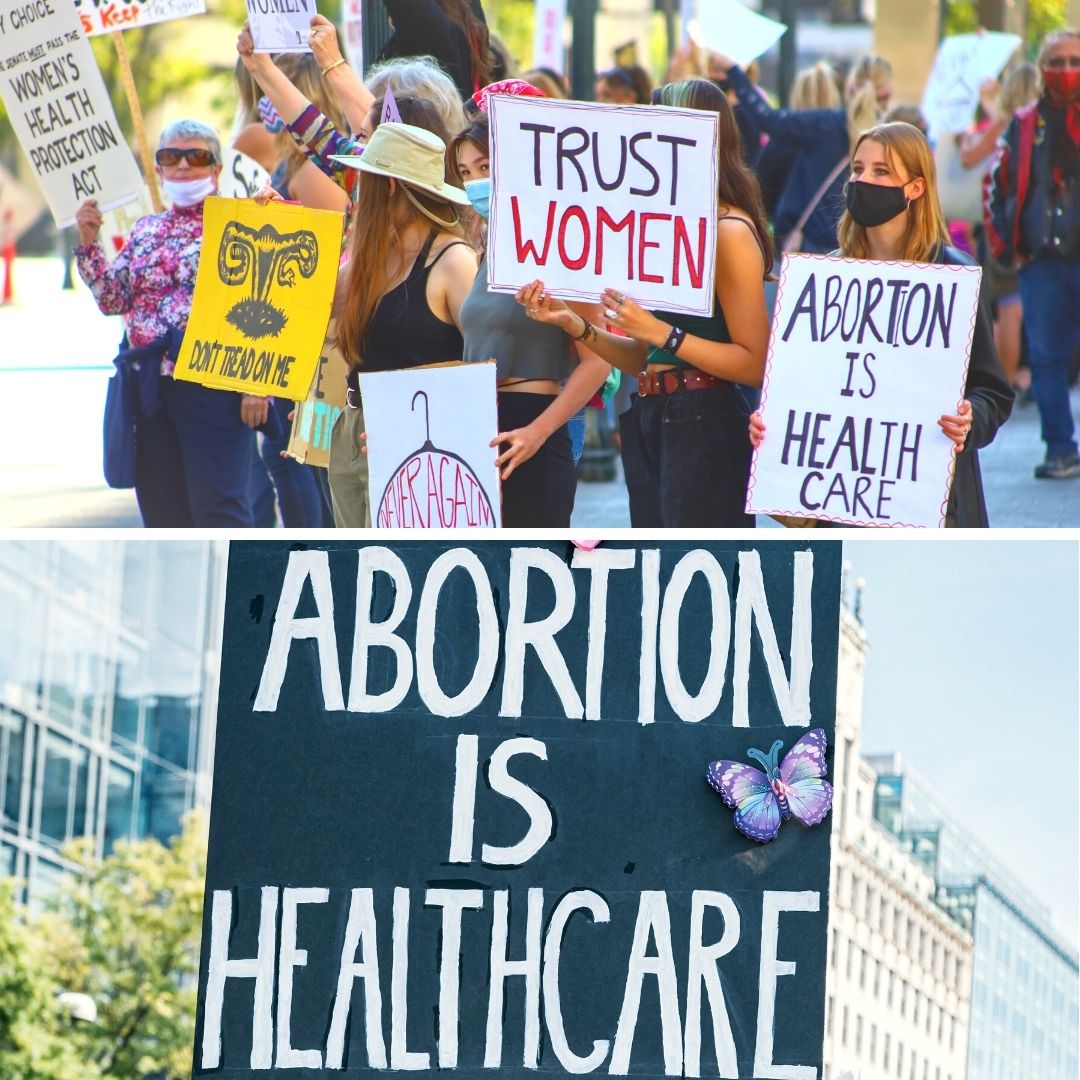
Credits: Unsplash
25 Million Miscarriages Can Be Prevented Annually Through WHO's New Abortion Norms
Writer: Devyani Madaik
A media enthusiast, Devyani believes in learning on the job and there is nothing off limits when it comes to work. Writing is her passion and she is always ready for a debate as well.
India, 15 March 2022 10:17 AM GMT
Editor : Shiva Chaudhary |
A post-graduate in Journalism and Mass Communication with relevant skills, specialising in content editing & writing. I believe in the precise dissemination of information based on facts to the public.
Creatives : Devyani Madaik
A media enthusiast, Devyani believes in learning on the job and there is nothing off limits when it comes to work. Writing is her passion and she is always ready for a debate as well.
The agency advises removing medically unnecessary policy barriers to safe abortion, such as decriminalising the act, removing mandatory waiting times, the requirement of getting approval by partners, family members or any institution, limiting the time when an abortion can take place.
The World Health Organization (WHO) has issued new abortion guidelines on March 9, 2022, regarding abortion care, claiming that it would protect the health of women and girls and prevent more than 25 million unsafe miscarriages each year.
The global health body said these are consolidated guidelines based on recent scientific evidence, with over 50 recommendations spanning clinical practice, health service delivery, and legal and policy interventions to support quality abortion care.
Maximum Female Deaths Due To Unsafe Abortion
Every year, between 13,865 and 38,940 annual deaths are reported among females, most of which result from unsafe abortion.
The maximum numbers are reported from developing countries, which record 97 per cent of unsafe abortions. Nations with strict abortion laws also have a higher proportion of abortions than those with less restrictive laws.
Craig Lissner, acting Director for Sexual and Reproductive Health and Research, recommended women and girls access abortion and family planning services when needed.
Worldwide Abortion Stats
Around 53.8 per cent of the total unsafe abortions have been reported from Asia, most of those in the south and central Asia. Another 24.8 per cent was recorded in Africa, primarily in eastern and western regions, and about 19.5 per cent were from Latin America and the Caribbean.
The abortion rates were highest in low-income countries with the most legal restrictions to abortion care. The rate grew by 12 per cent further, while it declined in countries where abortion is broadly legal.
WHO Guidelines
The agency has recommended simple interventions, such as clinical practice, health care delivery and law and policy mediation.
The agency advises removing medically unnecessary policy barriers to safe abortion, such as decriminalising the act, removing mandatory waiting times, the requirement of getting approval by partners, family members or any institution, limiting the time when an abortion can take place.
WHO said such obstacles could delay accessing adequate treatment and put women and girls at greater risk of unsafe abortion. It would also raise health complications and affect them socially.
The agency also recommended easy access to medical abortion pills to women and girls. The guidelines also listed the use of telemedicine, which helped support access to abortion and family planning services during adverse situations, like the COVID-19 pandemic.
Also Read: Unpaid For Over 4 Yrs, Paper Mill Employees Die Of Unaffordable Treatments, Death Toll Rises To 101
 All section
All section














